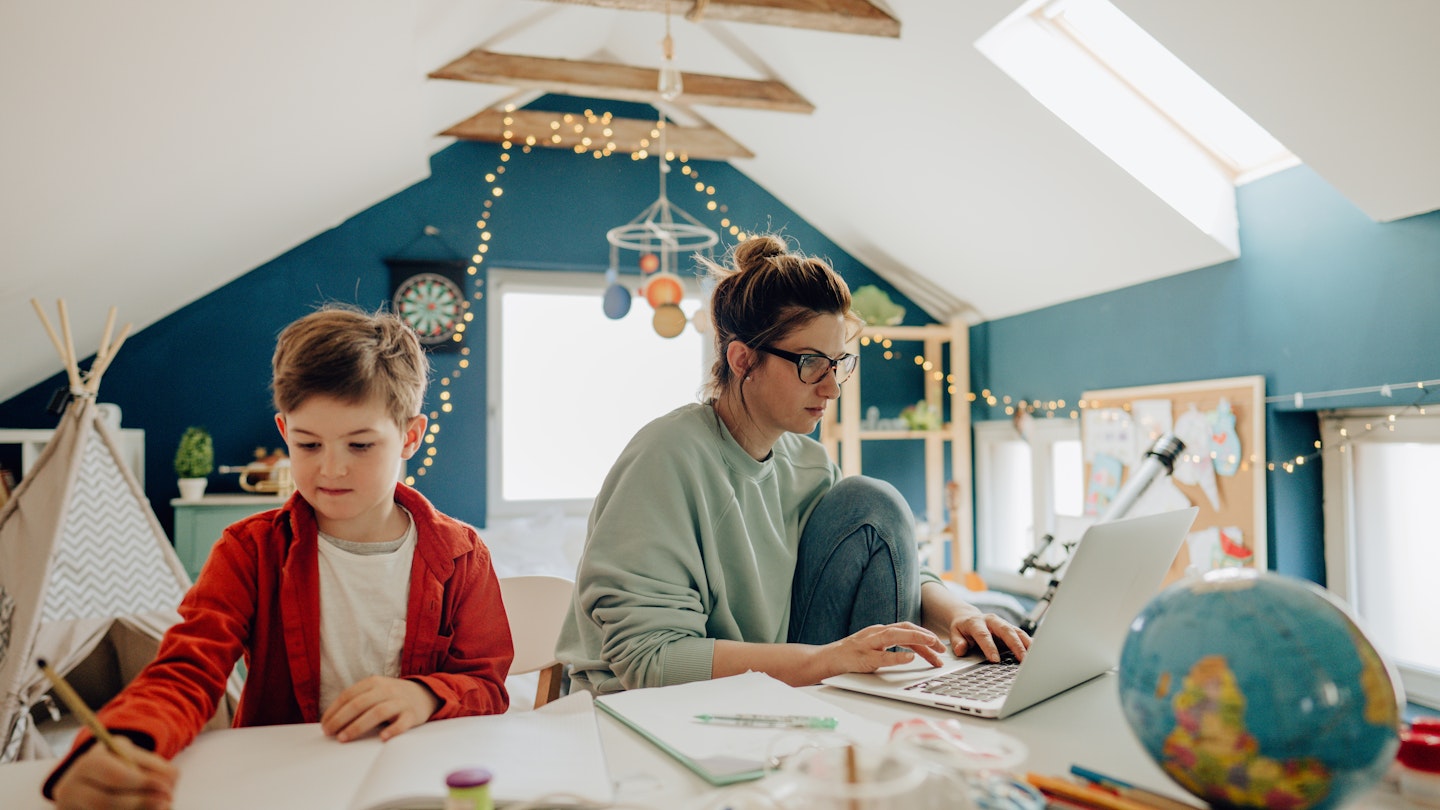Project: Plan Your Trip with Kids
If your family is missing traveling and your kids are at home due to lockdown or social distancing measures, now is the perfect opportunity to teach them essential skills for planning a trip. From research and budgeting to time management and basic knowledge of the local language, preparing for a trip involves critical thinking. Children aged eight and up can begin to apply these skills to create their ideal city break.
Here are some ideas to assist your young planners. Depending on everyone’s enthusiasm, you could create a simple fact file of essential information or develop a detailed scrapbook that covers every aspect, including pictures and annotations, fostering a potential career as travel agents in the making.
This approach can certainly be used for larger trips, but starting with a shorter city break offers a manageable beginning. After this, the possibilities for ‘Project: Plan Your Trip!’ are endless.
Where to Go?
Choosing a destination can be the most challenging task of all. Typically, you might ask the children to scan airline offers, but for now, start by brainstorming a list of cities they’ve heard of, and have them note why they want to visit each place.
A great resource could be the Cities Book, which provides a delightful guide to 86 different cities. Alternatively, use a map to find cities near your home. Don’t underestimate the value of personal recommendations; encourage kids to ask family and friends for their insights on potential destinations. This activity can improve their decision-making and prioritization skills as they create a shortlist with pros and cons for each city.

Book the Essentials
Once your new travel planners choose their destination, they need to consider the basics: when to visit, how to get there, and where to stay. The timing will largely depend on the weather, so a quick search for ‘average weather in [city]’ is a great place to start. Additionally, tourist board websites will provide information on significant events, helping the kids decide whether to avoid or embrace them.
If multiple transport options exist, create a list of pros and cons for each choice, facilitating a discussion on sustainable travel alternatives. Despite current travel restrictions, airline websites and SkyScanner can still provide flight prices and schedules, opening conversations about price fluctuations during these times.

Finding a Place to Stay
Another essential element to sort out is accommodation. With the internet flooded with options, this is an opportunity to teach valuable research skills. The kids should identify desired locations, consulting news articles or sites like Booking.com or Expedia for options.
While images are helpful, it’s crucial for them to learn how to interpret the fine print and reviews, honing their critical thinking skills. Have your young planners select their top three accommodation choices, noting the costs, cancellation policies, and reasons why each option is appealing.
It’s also beneficial to start a budget tracker where all main costs can be recorded. Various templates are available online, which older children may find useful, while younger kids can simplify their tracking with basic line items for transport, hotels, meals, attractions, and souvenirs.
Plan Your Time
Even if your family usually takes a spontaneous approach to trips, it’s beneficial for kids to outline an itinerary for this exercise. A three-day plan is sufficient to start. They should choose a highlight or attraction for each day and identify local lunch and dinner spots that showcase regional cuisine.
Encourage them to include personal interests, not just famous attractions. Younger children might prioritize playgrounds while teens may look for trendy spots for selfies. Additionally, discuss how your family can support local organizations through activities like joining litter clean-ups or tours led by independent guides.

Of course, they will need to keep their budget up-to-date with their spending plans. They can find useful cost indications for different cities by searching ‘Money & Costs’ along with the city name on LonelyPlanet.com.
Incorporating language learning could be beneficial right now as well. Use role-play to remind them of the importance of knowing some phrases in another language, such as ordering food, as part of the planning process. Basic travel-related phrases can also be found on the BBC’s language learning hub.

Create the Packing List
A valuable exercise that develops independent thinking as well as planning skills is for your young travel agents to create their own packing list. This requires them to consider each trip element, from clothing to essential items like money and passports, and on to entertainment (such as cameras, books, and chargers).
Challenge them further by dividing the packing into hand luggage and hold baggage or by aiming for a hand luggage-only scenario!
Telling the Tale
While it’s unfortunate that travel isn’t feasible at the moment, you can leverage virtual tours, images, and your children’s imaginations to help them recount their planned trip. They can enhance their storytelling with sketches of famous landmarks and interview acquaintances who have visited the chosen city through video calls.
This opportunity might spark an interest in blogging about their travel plans and dreams. Through this project, they could become the ultimate travel planners, honing skills that will serve them well in the future.




